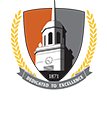Creating Community Connections
Community Partnerships and Engagement form the core of the urban-engaged anchor mission of Buffalo State. Buffalo State builds and maintains numerous reciprocal community partnerships that promote equity; address community-identified priorities through research, volunteerism, teaching, and direct engagement; and provide experiential learning opportunities to our students.
Anchor Institution Initiatives

Burchfield Penney Art Center at Buffalo State
The Burchfield Penney Art Center (BPAC) lies at the heart of Buffalo's Museum District. The BPAC is the museum dedicated to the art and vision of Charles E. Burchfield and the art and artists of Buffalo, NY, and our region. The museum also provides a venue for special programming created for the community. This range from art classes for kids and providing a venue for local musicians and other performers to hosting community-centered lectures, conferences, and events. The BPAC also provides a beautiful venue for special events host by Buffalo State faculty and students.
Burchfield Penney Art Center BPAC events calendar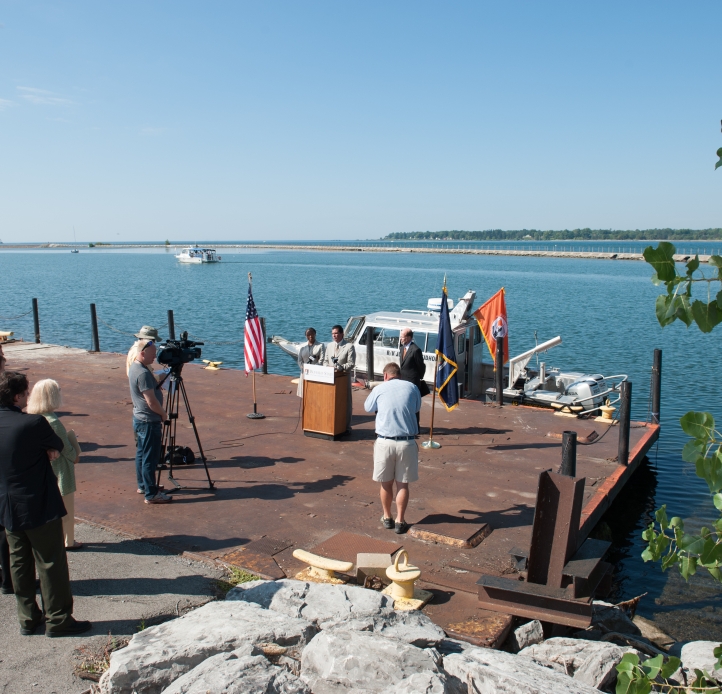
Great Lakes Center
The Great Lakes Center (GLC) is dedicated to research and activities that improve the quality of the environment, with a primary focus on the Great Lakes and their watersheds. The GLC has labs and offices in the Science & Math Complex on the Buffalo State campus and operates a Field Research Station on the Buffalo waterfront. The GLC is home to the WNY Partnership for Regional Invasive Species Management (WNY PRISM), one of 8 regional offices in New York State created to help prevent or minimize the harm caused by invasive species to New York’s environment, economy and human health through collaborative efforts with community and regional partners.
Great Lakes Center WNY PRISM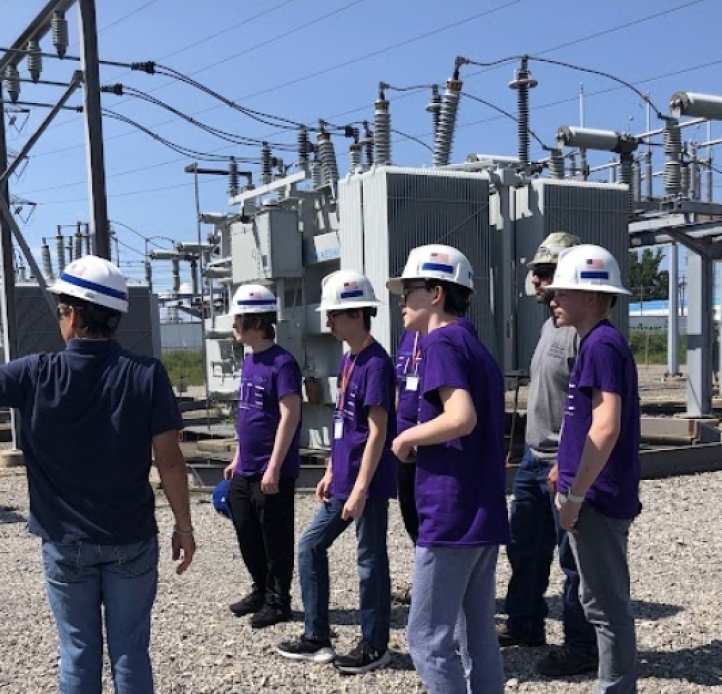
Continuing Professional Studies
The Continuing Professional Studies (CPS) office brings together community and industry to create needed and relevant educational experiences. CPS provides high-quality professional development, workforce training and lifelong learning opportunities for individuals looking to enhance their skills and advance their careers. Offerings include microcredentials, customized training programs, and leadership development workshops, all designed to help participants stay competitive in today’s evolving job market. The CPS also supports educational growth through youth programs and college readiness initiatives, including summer camps and the College Access Program, which help students from Western NY and across the State to explore future academic and career opportunities.
Continuing Professional Studies CPS Youth Programs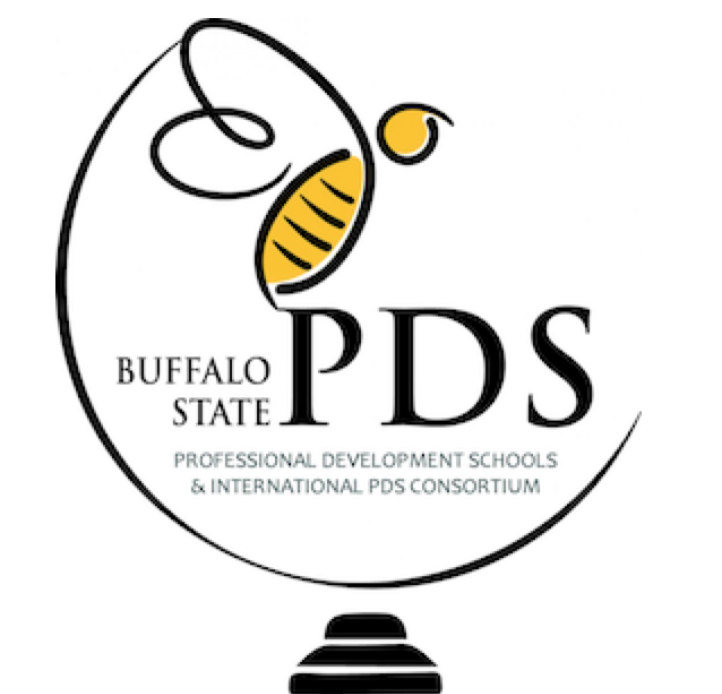
Professional Development Partnerships Consortium
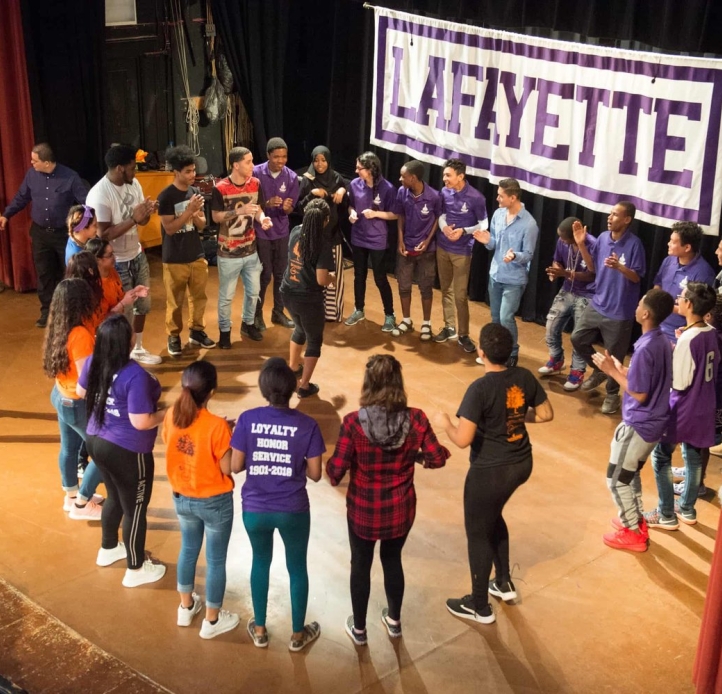
Anne Frank Project
The Anne Frank Project uses the power of stories as vehicles for community building, conflict management, and identity exploration. Inspired by the wisdom of Anne Frank, the AFP surfaces, develops, and shares stories stifled by oppression. The AFP delivers professional development opportunities in Story-Based Learning for K-12 and Higher Education teachers. These training experiences focus on integrating kinesthetic learning with classroom curriculum to support and build the socio-emotional wellbeing of students and teachers. The AFP also includes the Sophia's Legacy program, which strives to expose working educators to the multiple lessons from the Holocaust, other Genocides, and current world conflicts, then provides tools to bring these lessons into their schools and classrooms.
The Anne Frank Project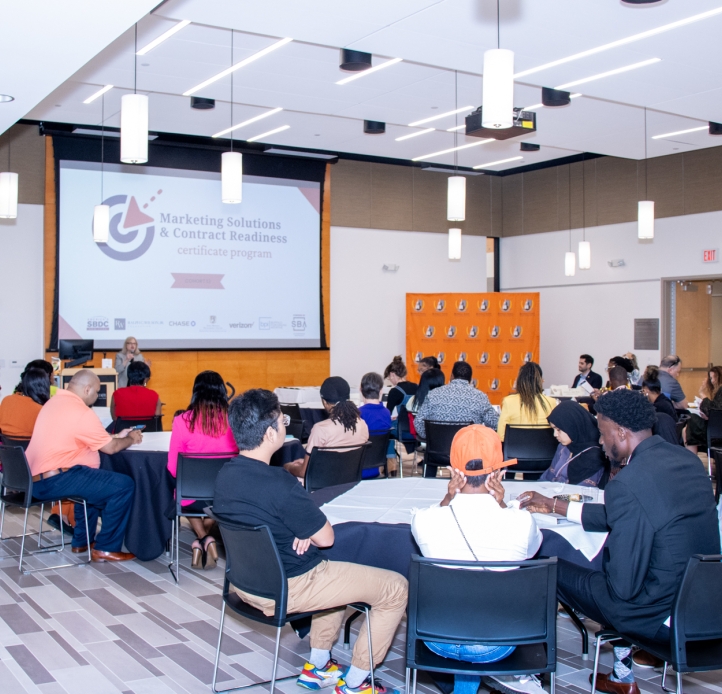
Small Business Development Center
The Small Business Development Center (SBDC) at SUNY Buffalo State provides management and technical assistance to start-up and existing small businesses throughout Erie County and the Niagara Frontier. The SBDC brings together the resources of SUNY Buffalo State, the private sector, and government agencies to counsel and train small businesses to resolve organizational, financial, marketing, technical, and other obstacles they may encounter. The SBDC also offers the Bengal Entrepreneurship Program, a hands-on program that has the purpose of igniting and nourishing the entrepreneurial spirit and skills in our student community.
Small Business Development CenterService-Learning @ Buffalo State
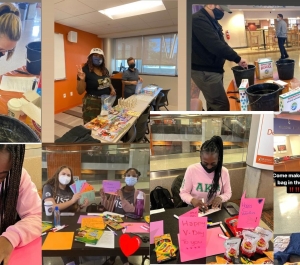
Service-Learning, also known as Community-Engaged Learning, is a credit-bearing educational experience that includes both a classroom and service components. Buffalo State Students participate in an organized service activity that meets identified community needs, and then In the classroom, students reflect on the service activity in such a way as to gain further understanding of course content, a broader appreciation of the discipline, and an enhanced sense of civic responsibility.
To learn more, please visit the Buffalo State Service Learning website.
2023-2024 Service Learning Data
1,017
Students participated in service-learning courses
103
Service-learning courses were taught
26,727
Hours of service were provided to the community
Other Community Partnerships and Engagement
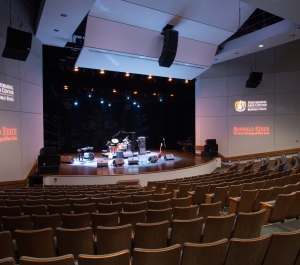
Buffalo State Performing Arts Center
The Buffalo State Performing Arts Center (PAC), with more than 180 events and 50,000 patrons a year, is proud of the contribution it makes to the cultural vitality of SUNY Buffalo State and Western New York. Community groups such as Buffalo Opera Unlimited, Greater Buffalo Youth Ballet, St. Joseph Collegiate Institute, and many others frequently host performances at the PAC. Please visit the Buffalo State PAC website for a listing of upcoming events.
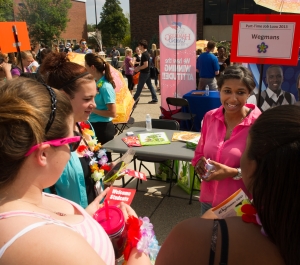
Career and Professional Education (CAPE)
The Buffalo State University Career and Professional Education Center (CAPE) provides comprehensive services to matriculated undergraduate and graduate students, alumni, employers, and faculty/staff. CAPE assists students and alumni with career exploration and decision-making, gaining valuable experience, job search preparation, finding jobs and internships, and selecting and applying to graduate schools. Thousands of employers work with the CAPE to list positions and recruit talent at a variety of job fairs and other events.
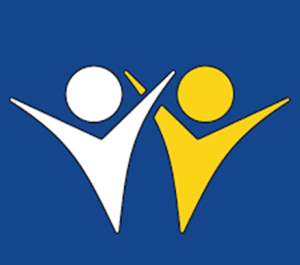
VolunteerWNY
VolunteerWNY is a one-stop shop for anything and everything related to volunteerism in Western New York. It allows community partners to post on-site and virtual volunteer opportunities and to directly recruit volunteers to address community needs. The platform attracts and informs volunteers regarding ongoing or one-day volunteer opportunities; part-time, full-time, and internship opportunities for SUNY Buffalo State University students, faculty, staff, alumni, and more. This will not only connect your organization to the SUNY Buffalo State community but also to over 700 community agencies and 16,000+ volunteers to address community needs. The VolunteerWNY platform is powered by the Service Collaborative of WNY and the United Way of Buffalo & Erie County.

Whitworth Ferguson Planetarium
The Whitworth Ferguson Planetarium at Buffalo State provides students and visitors with immersive views of stars, constellations, nebulae, galaxies, planets, and much more. Our public programs, including sky tours and laser shows, are presented most Friday and Saturday evenings. Special programming including those for younger audiences are typically offered at least once a month on Saturday morning/afternoon. The planetarium host numerous school and community groups for priviate showings.
